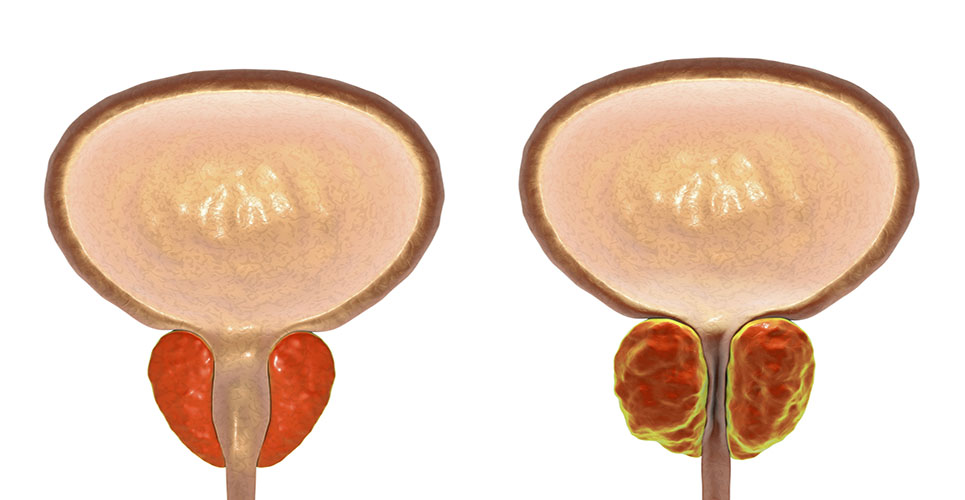teaser
A phase III clinical trial into the efficacy of a drug for prostate cancer has shown that it causes testosterone levels to fall dramatically just three days after the start of treatment in 95% of cases.
The international study of more than 610 men found that those who took degarelix also experienced much larger falls in their prostate-specific antigen levels than those treated with leuprolide.
The results have been reported in a paper in the latest issue of BJU International.
Lead author Dr Laurence Klotz, of the Division of Urology at the University of Toronto, Canada, writes: “Androgen deprivation hormone therapy is an effective response to prostate cancer, but the drugs that are most widely used cause an initial rise in testosterone – the hormone we are trying to reduce – when the patient first takes them.
“We prefer to avoid this biochemical surge as it can stimulate the prostate cancer cells and exacerbate a number of clinical symptoms, such as spinal cord compression and bone pain.
“Degarelix is a new gonadotrophin-releasing hormone (GnRH) antagonist. It works by binding to, and blocking, the GnRH receptors in the pituitary gland, reducing the amount of LH and FSH hormones that are released. This leads directly to a rapid fall in testosterone.”
Copyright Press Association 2008

